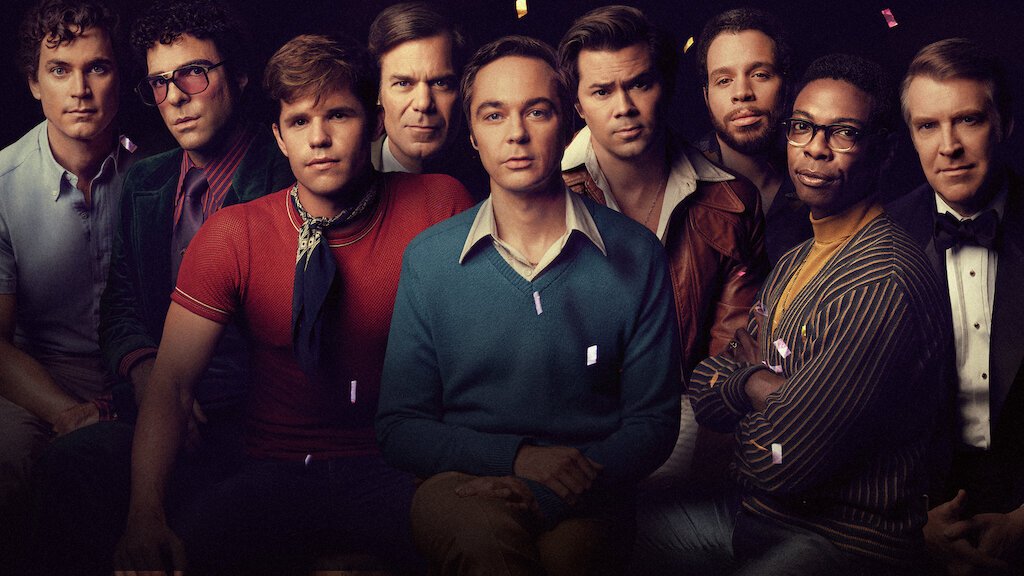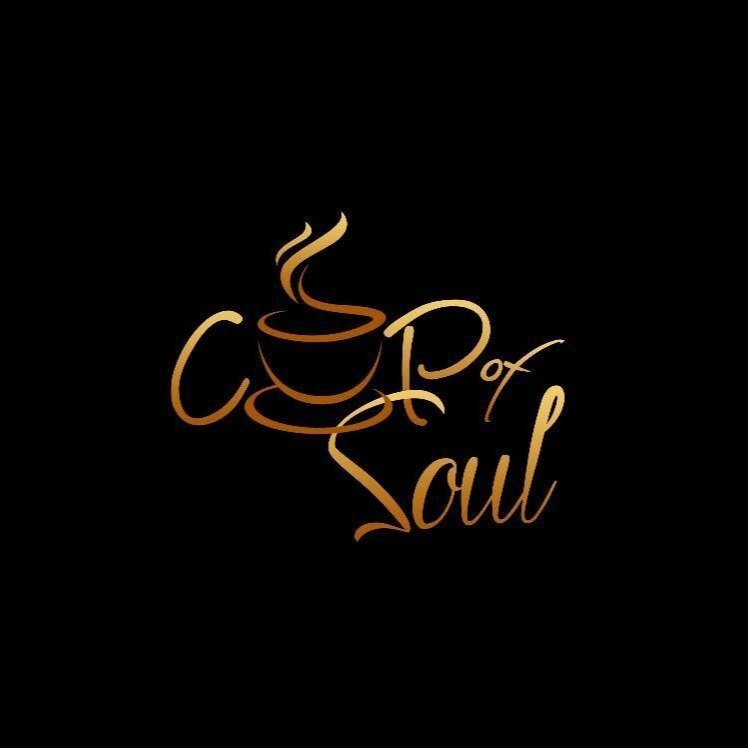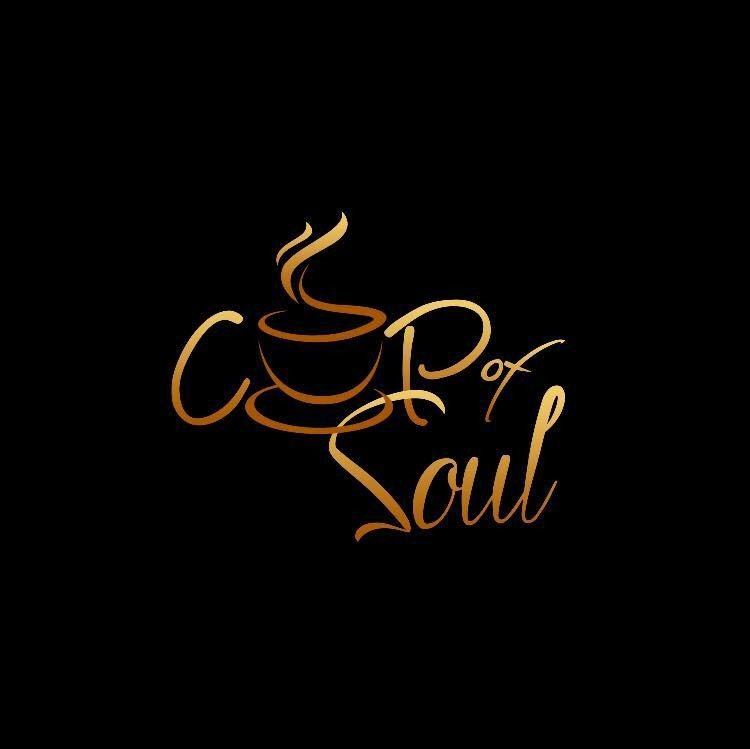
Friendships are difficult in
The Boys in The Band
by Murtada Elfadl
When one of the characters in The Boys in the Band quipped halfway through the proceedings “Mary take me home these queens are crazy,” I wholeheartedly agreed. By that point the wisecrack heavy dialogue has been flying in all directions for quite sometime and it was hard to keep up. Hard also to decide whether to laugh, cry or be offended. So much is coming at the viewer, much of it really dated in the time and social mores of when the story takes place; New York 1968.
The film of The Boys in the Band is based on the 1968 play by Mart Crowley about eight gay men who meet for a birthday party one night only for the festivities to be interrupted by someone from the past. There’s the host Michael (Jim Parsons) whose immense Catholic guilt is driving him to alcoholism. Larry (Andrew Rannells) a promiscuous man about town and his live-in boyfriend Hank (Tuc Watkins) who only recently left his wife and acknowledged his desire for men. There’s Michael’s ex-flame Donald (Matt Bomer) who Larry immediately starts flirting with; Harold (Zachary Quinto) the guest of honor who can’t stop bemoaning his looks and complaining about his domineering mother. Then we have the token non-whites; Latinx Emory (Robin de Jesús) a flamboyant life of the party and his platonic Black friend Bernard (Michael Benjamin Washington) a studious librarian type. Finally we have the hustler (Charlie Carver) hired as a gift to Harold.
Beyond an opening montage showing how the friends spend the day before gathering, there's no attempt at opening the play. This piece lives or dies by the actors and the interplay between them and director Joe Mantello knows that. He stages the proceedings well taking full advantage of the limited set. Almost all of the film takes place in Michael’s apartment where the spiral staircase at the center becomes a focal point for characters leaving and entering into the thick of the action.
Montello cast the same group of actors who starred in the 2018 Tony winning Broadway revival which he directed. All of them appear familiar with the dialogue and its rhythm, relishing the script’s plethora of witty one-liners. This makes the first half of the film a breezy and engaging watch. But as the obscene insults kept coming at warped speed with no break for levity the film showed its stage-bound limitations. Almost every word out of every character's mouth is said in derision or contempt. Quick wit and shade are part of gay culture, but this felt caustic. The self loathing was palpable and ultimately uncomfortable to watch. Why are these men friends when they don’t ever show each other love or a shred of kindness?
Crowley is making a point about how society with its attitudes towards homosexuality, drove these men into looking inwardly and hating themselves. In 1968 showing the inner lives of these particular gay men might have been revolutionary. In 2020 I needed a break from these guys and their constant abrasive bickering. Classic plays get revived all the time as a way to preserve the history of theater. And there is a need to show the evolution of gay rights by showing the history of gay artists. But this cinematic remake needed a fresh re-interpretation. Its purview remains narrow in its depiction of class and race. All these characters are middle class and mostly white, their socio-economic privilege never addressed beyond flippant references to Michael being in debt. The racial taunts heaped on Brendan felt pointed since the racism behind them was never dealt with. Classic texts, even those mired in the perspective of their time, can be re-examined in ways that open them for modern appraisal while preserving their original content. Just look at Daniel Fish’s revival of Rodgers and Hammerstein’s Oklahoma which played Broadway last year. Mantello and Ned Martel - who polished Crawley’s original script - seem content to just present The Boy in the Band as it always was.
Relentlessly hurtling towards an ending that we know will not change anything in these characters’ lives, this remake felt pointless and long. I kept thinking back to an earlier moment of joy when the boys danced to Heat Wave by Martha Reeves and the Vandellas. More moments like that might have shown why these men would want to spend so much of their time together. Mantello and producer Ryan Murphy should be commended for faithfully adapting the recent stage revival and bringing its cast of all out gay actors to a broader audience. However not adding a fresh appraisal of the classic text makes this remake unnecessary.
The Boys In The Band comes out on Netflix September 30th.
-----------------------
Author Bio: Murtada Elfadl is a culture writer, critic, and podcaster. Originally from Khartoum, Sudan he decided to move to New York City when he got a New Yorker subscription at the age of 15. Many years later, the city remains his favorite place; he just wishes more movies in Arabic played here. He is a member of the selection committee for NewFest, New York’s LGBTQ Film Festival. His writing has been published at The Film Experience, The Film Stage and Mediaversity Reviews. He hosts the Sundays With Cate podcast.


